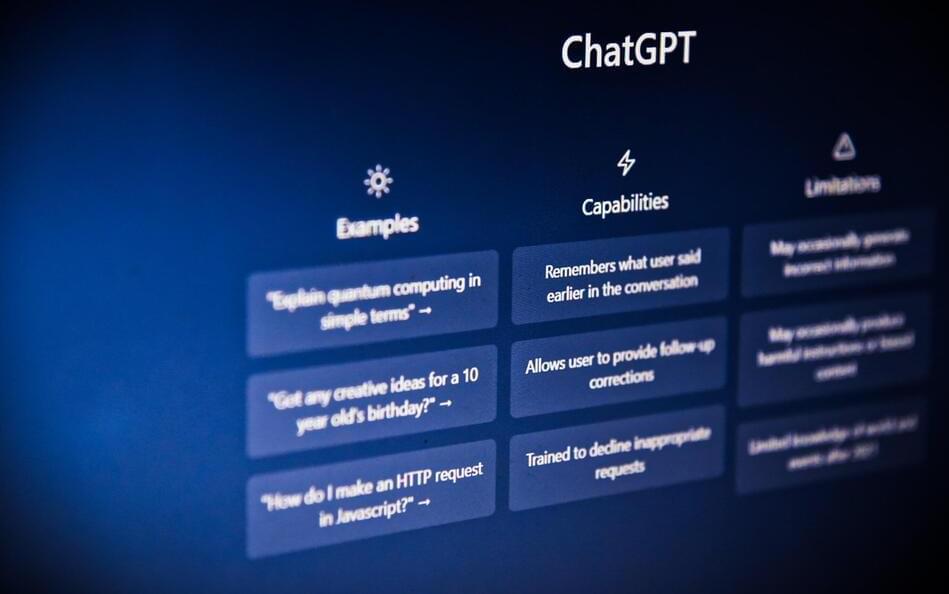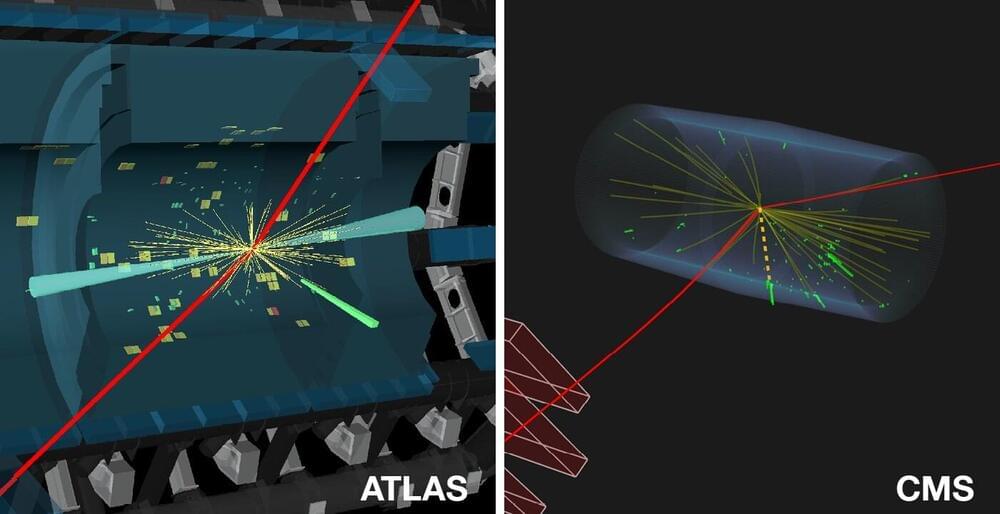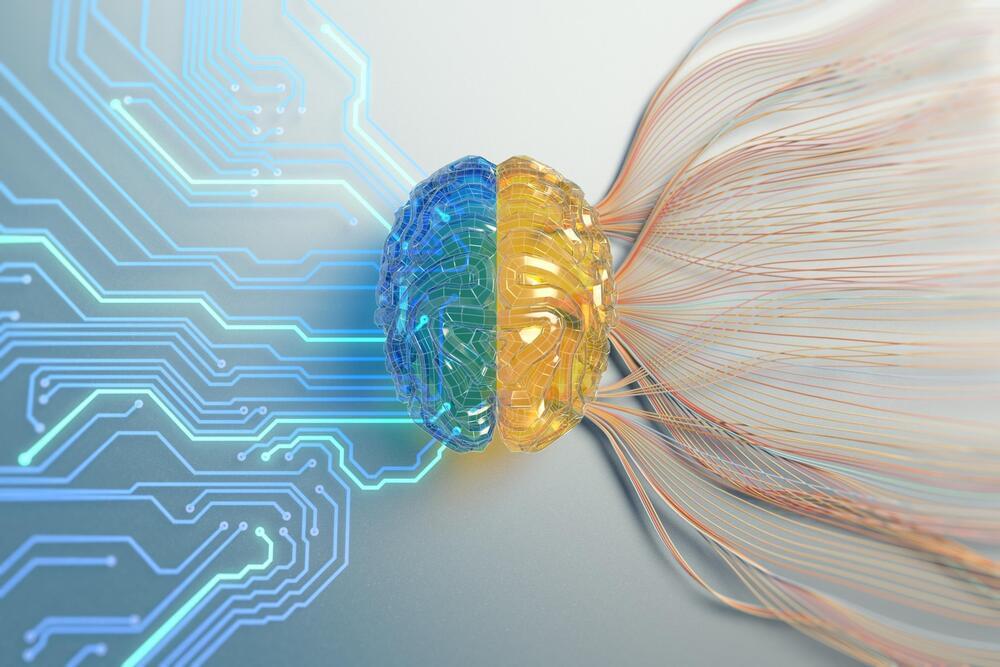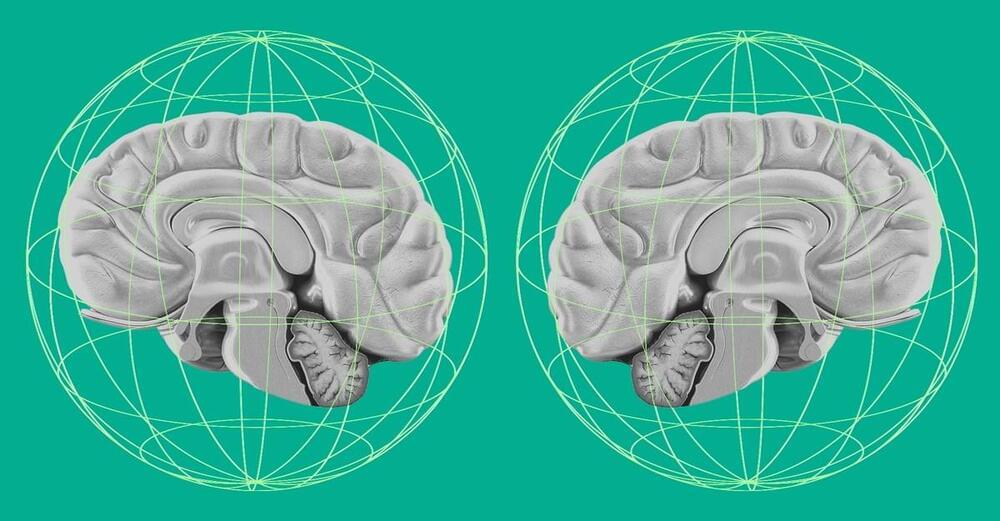
ChatGPT has been a topic of great discussion in academia, particularly about how to prevent its unauthorized use in classes. However, students can benefit from understanding how to use generative artificial intelligence (AI) as a tool to save time and improve performance on writing assignments.
Craig Hurwitz, an Executive in Residence in the Pratt School of Engineering, asked the graduate students in his “Emerging Trends in Financial Technology (Fintech)” course to generate a first draft of an essay with ChatGPT’s help. His working assumption was that when students enter the workforce they will have access to, and the ability to use, generative AI for productivity purposes. He wanted to experiment with ChatGPT in his course to give students a first-hand look at how to use generative AI.
For the assignment, the class was instructed to read a case study and each student chose a Fintech approach to help solve a particular challenge mentioned in the case. Their written assignment was a 750-word Executive Summary convincing the instructor (playing the role of Venture Capitalist) why he should consider meeting to discuss a potential investment.


















